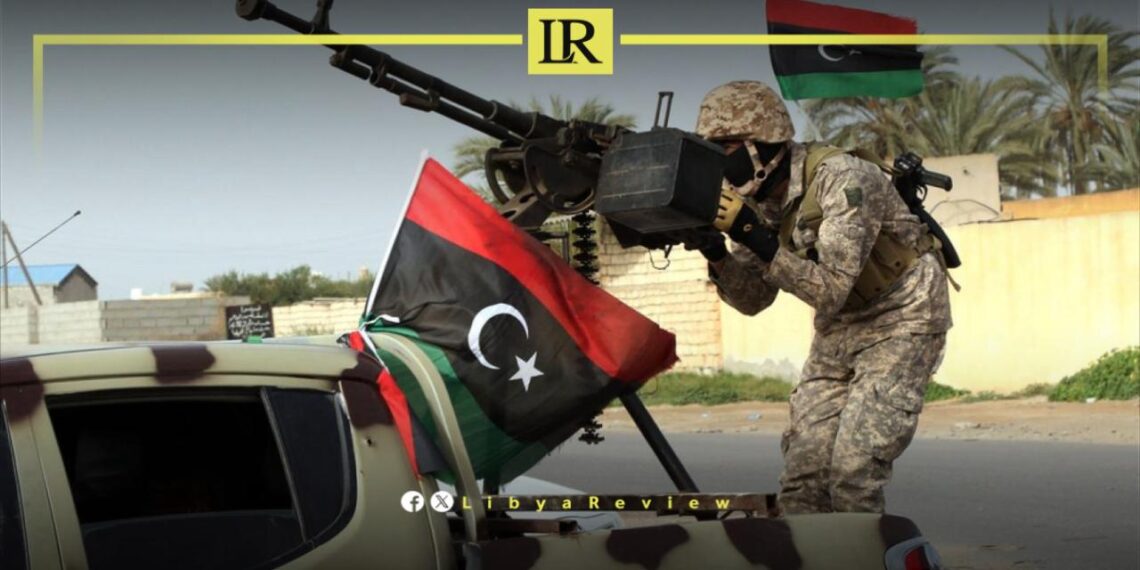Armed clashes erupted in the Al-Qawasim area of Gharyan, a city located south of Libya’s capital, Tripoli, on Saturday evening, resulting in the deaths of two individuals and injuries to several others, with one person in critical condition, according to a Sputnik correspondent in Libya.
A reliable source informed Sputnik that the clashes were the outcome of ongoing armed conflicts within the city. These violent encounters reflect the broader issue of widespread weaponry and frequent armed confrontations in various cities and regions of western Libya.
Libya continues to grapple with the proliferation of armed groups and factions that maintain control over many urban and rural areas in the western part of the country. The persistent presence of these groups contributes significantly to the instability and violence that plague the region.
The situation in Libya has been volatile since the fall of Muammar Gaddafi’s regime in 2011. The power vacuum left behind has led to the rise of numerous armed factions vying for control, particularly in the western regions. Despite various efforts to establish peace and stability, the country remains deeply divided, with frequent outbreaks of violence and clashes between rival groups.
The continued instability in Libya poses significant challenges to efforts aimed at achieving lasting peace and security. The presence of armed factions and the frequent clashes underscore the need for comprehensive disarmament and the establishment of a unified national security apparatus.
The recent clashes in Gharyan highlight the ongoing security challenges in Libya. Addressing these issues requires a concerted effort from both national authorities and the international community to promote stability and rebuild the nation’s security infrastructure.
The Libyan capital Tripoli, is experiencing a worrying surge in assassinations, causing growing concern among its residents. Local media reports indicated that the frequency of these violent incidents is increasing, highlighting the persistent security challenges in the area.
Days ago, three people were shot dead in various parts of Al-Zawiya. This latest wave of killings follows similar incidents during the Eid al-Adha holiday, further exacerbating the city’s already fragile security situation.
Last year, forces affiliated with the Government of National Unity (GNU) carried out what they described as “precise and targeted airstrikes” against hideouts of fuel smugglers, drug traffickers, and human traffickers in the western coastal region near Al-Zawiya. These operations aimed to dismantle networks of armed groups engaged in illicit activities, including human trafficking and fuel smuggling.
Al-Zawiya, situated 45 kilometers west of Tripoli, has become a hotspot for clashes between armed factions involved in various illegal trades. These groups are often accused of engaging in unlawful activities such as human trafficking, exploiting the chaos that has engulfed the country.


